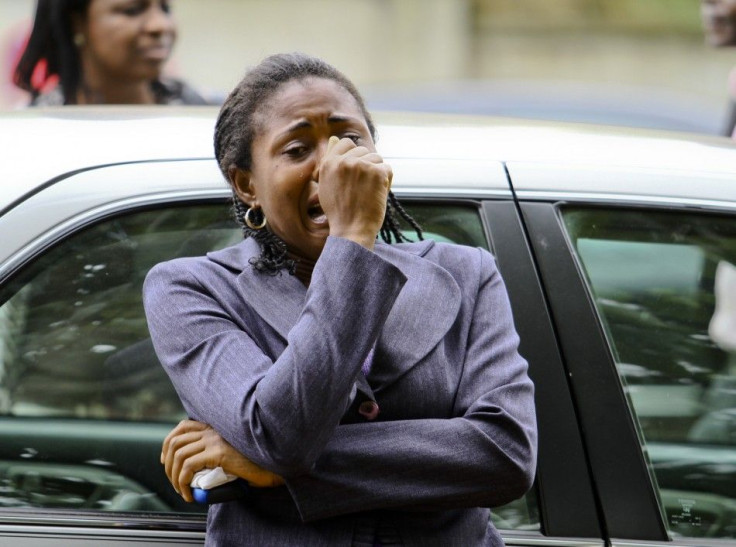Boko Haram: Nigerian Authorities Question Purported Spokesman

Nigerian authorities are reportedly interrogating a man who is believed to be a spokesman for Boko Haram, the Islamic militant group that has wreaked havoc across the country through waves of bombings and attacks.
Security forces, desperate to find a way to put an end to the bloodshed, have detained ‘Abu Qaqa,’ an alias for the spokesman, in the capital city of Abuja where he is being questioned.
“He is under interrogation,” a security source told Agence France Presse, without providing further details.
There are conflicting reports about how and where Abu Qaqa was arrested and whether he really represents Boko Haram or not.
President Goodluck Jonathan is under extreme pressure to end the insurgency. He has even offered to enter into pace talks with Boko Haram, although it is unclear if the militant group is willing to listen.
Boko Haram -- whose names essentially translates into ‘Western education is sinful’ -- initially targeted government personnel, police and soldiers. But lately they stepped up their attacks to kill civilians and, in particular, Christians. The group wants to establish strict Islamic shariah law across Nigeria, a huge country that is roughly divided between a Christian south and an Islamic north.
Jonathan has already fired the country’s police chief Hafiz Ringim and all Ringim’s deputies, replacing him with Mohammed D. Abubakar.
Abubakar is travelling under heavy security in Kano, the northern city where Boko Haram launched their deadliest attack of all – a calamity that killed 185 people.
Nigerian media has speculated if Boko Haram is affiliated with al-Qaeda or not. Such a link has not been definitively proven yet. So far, Boko Haram appears to have a solely domestic and independent agenda.
© Copyright IBTimes 2024. All rights reserved.











